Archbishop Conti, 77, has already submitted his mandatory resignation to the Holy Father. The Pope has the right to accept or refuse.
I have a feeling it'll be the former.
Zelo zelatus sum pro Domino Deo exercituum
The onslaught of porn is responsible for deadening male libido in relation to real women, and leading men to see fewer and fewer women as “porn-worthy.” Far from having to fend off porn-crazed young men, young women are worrying that as mere flesh and blood, they can scarcely get, let alone hold, their attention.And later, this observation:
Here is what young women tell me on college campuses when the subject comes up: They can’t compete, and they know it. For how can a real woman—with pores and her own breasts and even sexual needs of her own (let alone with speech that goes beyond “More, more, you big stud!”)—possibly compete with a cybervision of perfection, downloadable and extinguishable at will, who comes, so to speak, utterly submissive and tailored to the consumer’s least specification?
I will never forget a visit I made to Ilana, an old friend who had become an Orthodox Jew in Jerusalem. When I saw her again, she had abandoned her jeans and T-shirts for long skirts and a head scarf. I could not get over it. Ilana has waist-length, wild and curly golden-blonde hair. “Can’t I even see your hair?” I asked, trying to find my old friend in there. “No,” she demurred quietly. “Only my husband,” she said with a calm sexual confidence, “ever gets to see my hair.”
When she showed me her little house in a settlement on a hill, and I saw the bedroom, draped in Middle Eastern embroideries, that she shares only with her husband—the kids are not allowed—the sexual intensity in the air was archaic, overwhelming. It was private. It was a feeling of erotic intensity deeper than any I have ever picked up between secular couples in the liberated West. And I thought: Our husbands see naked women all day—in Times Square if not on the Net. Her husband never even sees another woman’s hair.
She must feel, I thought, so hot.
The priest should have the same right to be able to face the risen Lord, to face the Lord in His mystery. When he has to look out and see everyone going to the bathroom, it's not very nice. I didn't want to have to say that, but...seeing everyone walking back and forth, why? Sit down. It's only one hour. You don't need to go that often...I laugh...and laugh...and laugh...
 The story of Job is re-enacted in some way in the life of every soul dear to God; he was tried in his property, his children, his own person, deserted by his friends, and ridiculed by his wife.... Why does He let us suffer?... Because God wishes to try [us] as gold is tried in the furnace, purifying [us] and raising [us] to a good, to a state of happiness immeasurably superior to the goods and the happiness of earth.
The story of Job is re-enacted in some way in the life of every soul dear to God; he was tried in his property, his children, his own person, deserted by his friends, and ridiculed by his wife.... Why does He let us suffer?... Because God wishes to try [us] as gold is tried in the furnace, purifying [us] and raising [us] to a good, to a state of happiness immeasurably superior to the goods and the happiness of earth.
[H]e came across as sincere, authentic and profoundly Catholic. You got the sense that you were listening to a man with a genuine love for Christ, who is profoundly grateful for his re-conversion and the shot at eternity it gives him. A man who has discovered the pearl of great price, and wants to share it with as many people as possible.One sees Voris at his best and most candid, not on the scripted Vortex videos (which he himself says are deliberately provocative), but rather during the presentations and talks he gives. It's also worth watching his hour-long interview with Canadian talk show host Michael Coren (you may have to sign up for a free account to gain access to the link). I found his talks in Madrid to be especially inspiring, to demonstrate a man on fire with apostolic zeal, in love with his faith, and genuinely full of love for souls. The caricature one sometimes hears of him--arrogant, self-righteous, superior--is so grossly off the mark one doesn't even know what to say.
He started and ended with prayer, and constantly redirected our focus to the Holy Trinity. This was not the "Michael Voris" show; he was the medium not the message.
...
To be Catholic is to embrace Our Lord fully and to be prepared to accept His cross. You might be made fun of, you might lose a few friends or compromise your career, but, argued Voris, none of these measure up to the sacrifices made by early Christians so that we could have the Faith handed down to us.
...
Based on last night's talk, I'd say that none of the criticisms I've heard leveled at Michael Voris would stick. He was humble, charitable, amusing, self-effacing, meticulously faithful to the Magesterium, Catholic down to his very essence. Oh, and to knock another myth on the head: his hair was clearly all his own. [Never doubted it for a moment.-ed.]
Among the people I went with there was (at least) one skeptic who, by the end of the talk was utterly convinced of Voris's sincerity and orthodoxy. The general consensus was "What's not to like?"

 A nice little anecdote about Abp. Fulton Sheen, recounted by this fine fellow:
A nice little anecdote about Abp. Fulton Sheen, recounted by this fine fellow:It was the United States’ Bicentennial, July 4, 1976. As part of the celebrations, Archbishop Fulton Sheen was delivering the guest homily at the noon Mass that day and I was one of the altar boys.More like this, please!
I was fourteen and had heard about Sheen from my Dad. I’d heard he used to be on national television every week and quite regularly placed number one. Even at my young age of 14, I knew that was a big deal. So, I knew instinctively when I got picked to serve the Mass that this was a big deal.
But it was what happened AFTER Mass that I remember most vividly. In the sacristy, he was visiting with us altar boys, smiling and cracking jokes about too much incense... He was being a kindly old grandpa figure. He was 76 and this was three years before he went back to Our Blessed Lord.
Suddenly a younger...neatly dressed hippie came into the sacristy from the other side of the room and started walking toward Sheen brandishing a book of which he said he was the author. He said he’d just come back from the Far East after some years and had written this book and combined the best of Catholicism with Eastern Mysticism and he would like Sheen to read it.
With all the justifiable anger he could muster Sheen wheeled around and shouted--and I mean shouted at the man--"Get out! Get out! The Catholic Faith is a gift from Almighty God and I will not have you polluting it. GET OUT!"
Within a moment he returned to his grandpa self with us and resumed joking.
I’ll never forget that scene. That was 35 years ago. I’ll NEVER forget that scene.
Of course, today, many in the culture would say Sheen was some cranky old man with some personality disorder. Many in the Church would say he was not charitable enough; he should have sat down and dialogued with the man, exercised more prudence, not been as judgmental, blah, blah, blah.
Now that I celebrate the EF Mass frequently and ad orientem as is the tradition for this Mass, I don't get distracted by either the good or less than good things that happen out in the congregation. I have no compulsion to observe, critique or even stop the Mass if I don't like what I see in order to correct it. I don't have to be a gestapo in ad orientem worship.
But when I face the congregation, I see people coming and going at the worst times possible, some chewing gum, others in a day dream and still others doing their own thing, like striking their breast as in the old Mass when it isn't mandated in the new; some who pray the rosary or have their head buried in a book or read the bulletin. And now people use electronic devices to follow the Mass or to watch something else or to text message!!!
I had just entered the seminary when Cardinal Ratzinger’s book, The Spirit of the Liturgy, came out. I had an English copy expressed to me and brought it with me into the chapel as my spiritual reading during our daily community Holy Hour. One of the older men knelt next to me as I was engrossed in Ratzinger’s chapter on Rite and whispered, “Do you want to get kicked out of the seminary? Change the book cover now.” All of my attempts to not publicise the fact that I actually knew the Old Latin Mass had apparently been blown out of the water by this defiant act of wanton schism. Suddenly seminarians began to knock on my door and counsel me how to survive the seminary, and so I exchanged Ignatius Press’ book cover for one entitled “The Pastoral Letters of Paul VI.”Yes, and thank God.
...
So in my seminary experience I encountered two phenomena: a lack of knowledge and a positive hatred of one form of the Church’s liturgy. Since then, we have had Ratzinger elected Pope, as well as Summorum pontificum and Universae ecclesiae. The nature of the game has changed, even if there are some who are unwilling to admit it.
Of course, here and there some case or other of immorality – again, usually homosexual behavior – continues to show up,” according to the report. “However, in the main, the superiors now deal with these issues promptly and appropriately.”One hopes. Considering that previous evaluations of American seminaries were largely a sham--insiders claim orthodox books and cassock-wearing clergy suddenly appeared when the bishop made his visitation, then promptly vanished once he left--it's too soon to start celebrating. The very fact that one large archdiocese--that of Miami--was only recently exposed as a hotbed of gay activity must give us pause. Of course, that oft-seen naïvete reared its head when the usual suspects--well-intentioned, mainstream professional Catholics--immediately called the exposé into doubt, claiming the author of the article has an axe to grind, that the situation can't be as bad as he claims, etc. Christifidelis, however, the lay Catholic group exposing the corruption, has no axe to grind--and the published documents from its report are telling (and graphic).
CNA: Do you identify any problems in the manner that Blessed Pope John Paul's teachings on this issue have been popularized, particularly in the English-speaking world?Alice von Hildebrand's critique of Christopher West's presentation of Theology of the Body remains the best I've read thus far.
Bishop Laffitte: ...The English translation of Blessed John Paul II’s doctrinal teaching as “Theology of the Body”, while not incorrect in a strict sense, does not typify the entirety of his Catecheses on human love. [I]f people have no formation on creation, on God's design, on the anthropology of man and woman, or on the differentiation of the sexes, they then have no ability to defend against the gender ideologies rampant in our secular world today.
...
There is a danger of vulgarizing here a crucial truth of our Faith that needs rather to be contemplated. It requires a silence. Sometimes in reading Blessed John Paul II’s Catecheses, you read only half of a page and then have to stop … you cannot continue … because it provokes within you a kind of loving meditation of what God has made. You enter into the mystery.
...
There is a dignity, there is a loving manner to be united …There is a respectful expression of love and God’s design needed in relating this teaching.
 In a simple ceremony last Sunday, I was invested with the scapular of the Secular Discalced Carmelites, and am now officially a novice. It isn't the same as the brown scapular that many wear; it's larger, with two patches of brown cloth about a foot square each, laid over the chest and back, much like that in the photo to the right. After the novitiate, one proceeds to make temporary promises, and three years after that, definitive promises. If one wishes, one may afterwards make simple vows (according to one's state).
In a simple ceremony last Sunday, I was invested with the scapular of the Secular Discalced Carmelites, and am now officially a novice. It isn't the same as the brown scapular that many wear; it's larger, with two patches of brown cloth about a foot square each, laid over the chest and back, much like that in the photo to the right. After the novitiate, one proceeds to make temporary promises, and three years after that, definitive promises. If one wishes, one may afterwards make simple vows (according to one's state).
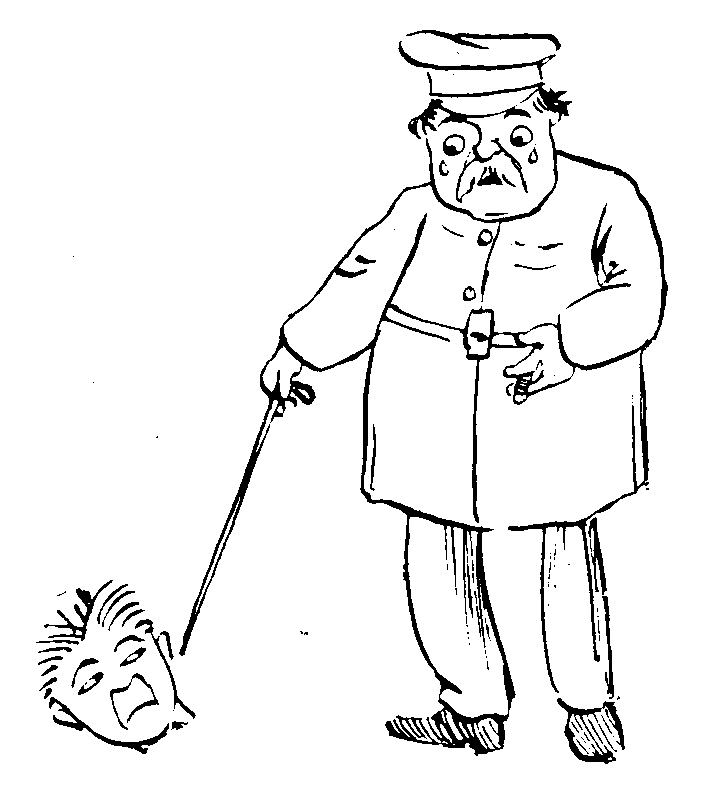
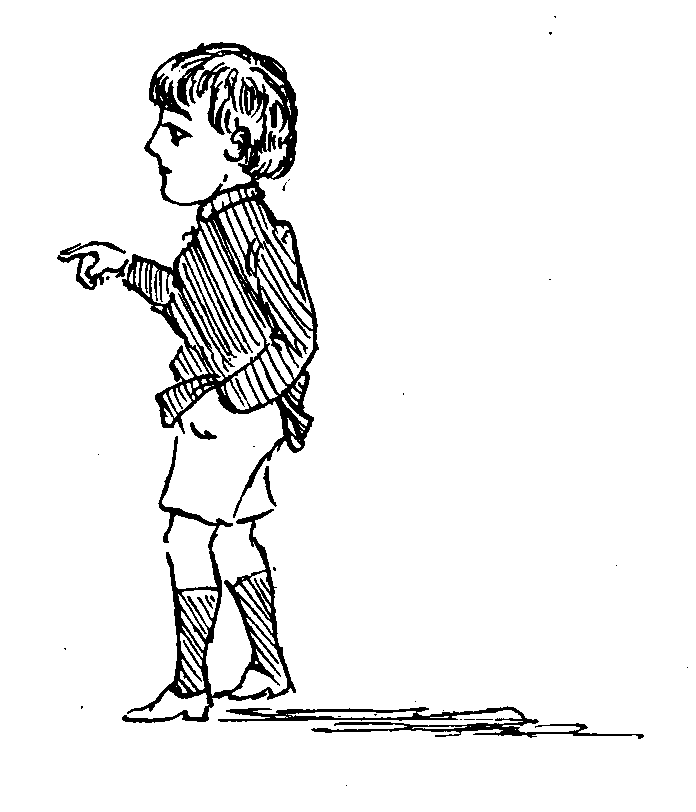
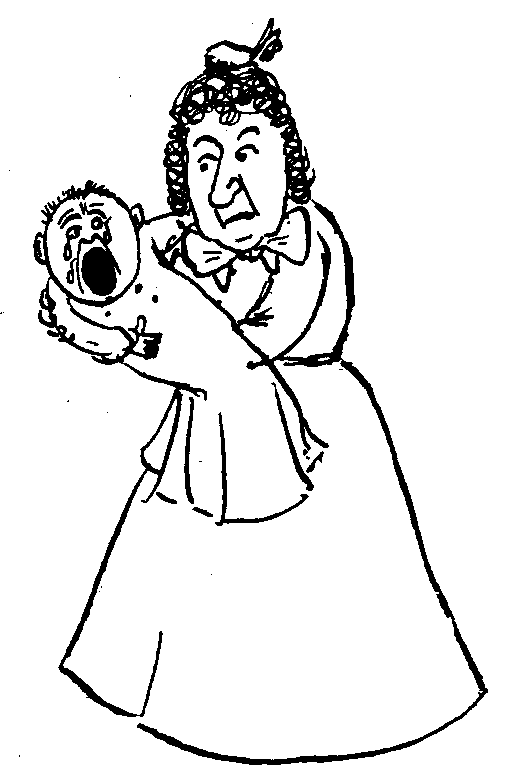
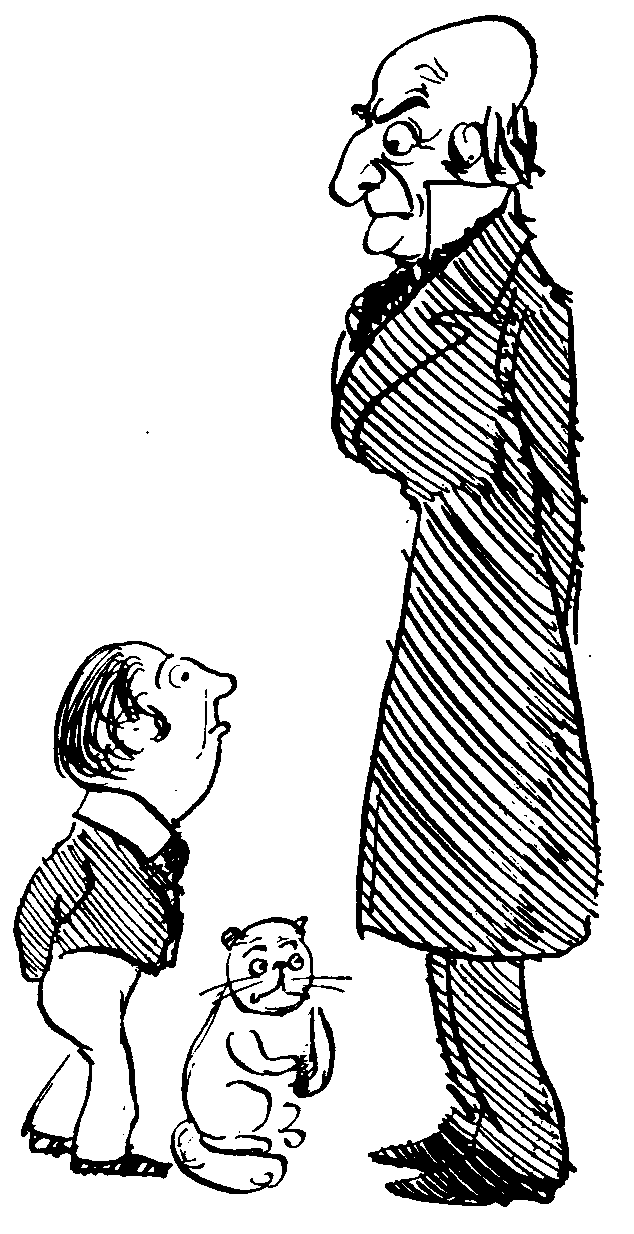
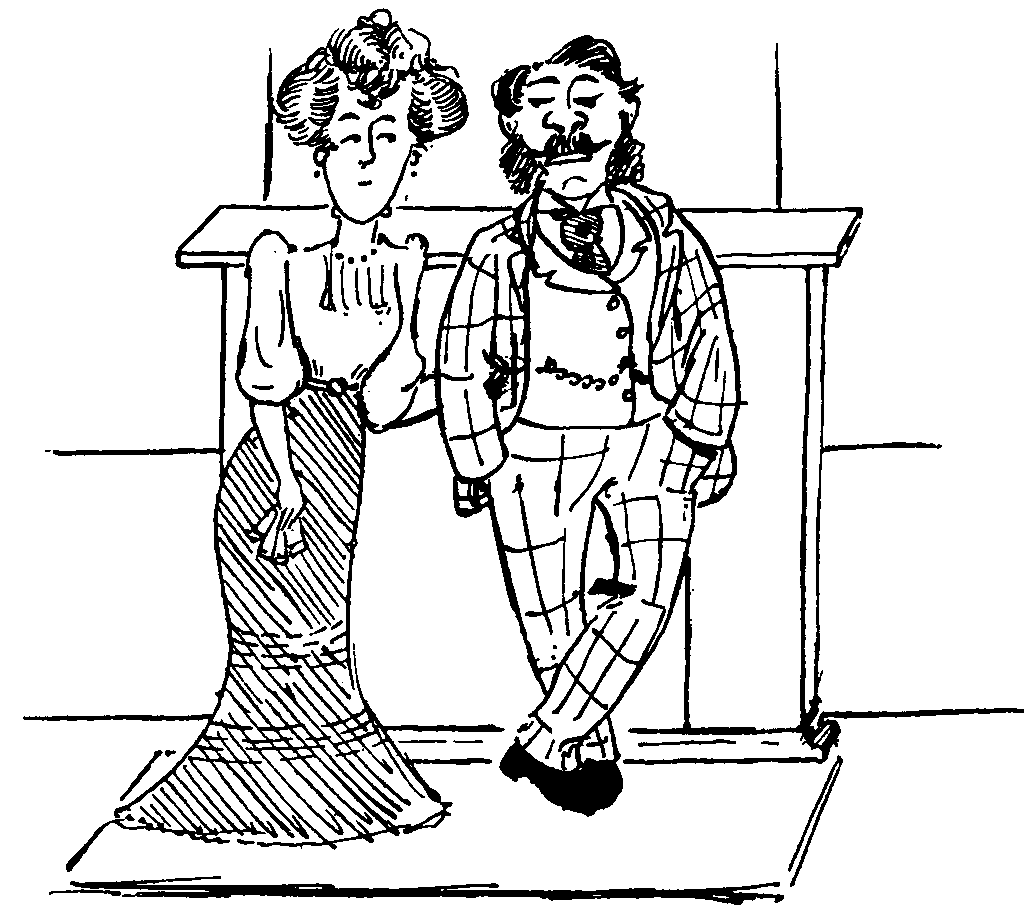
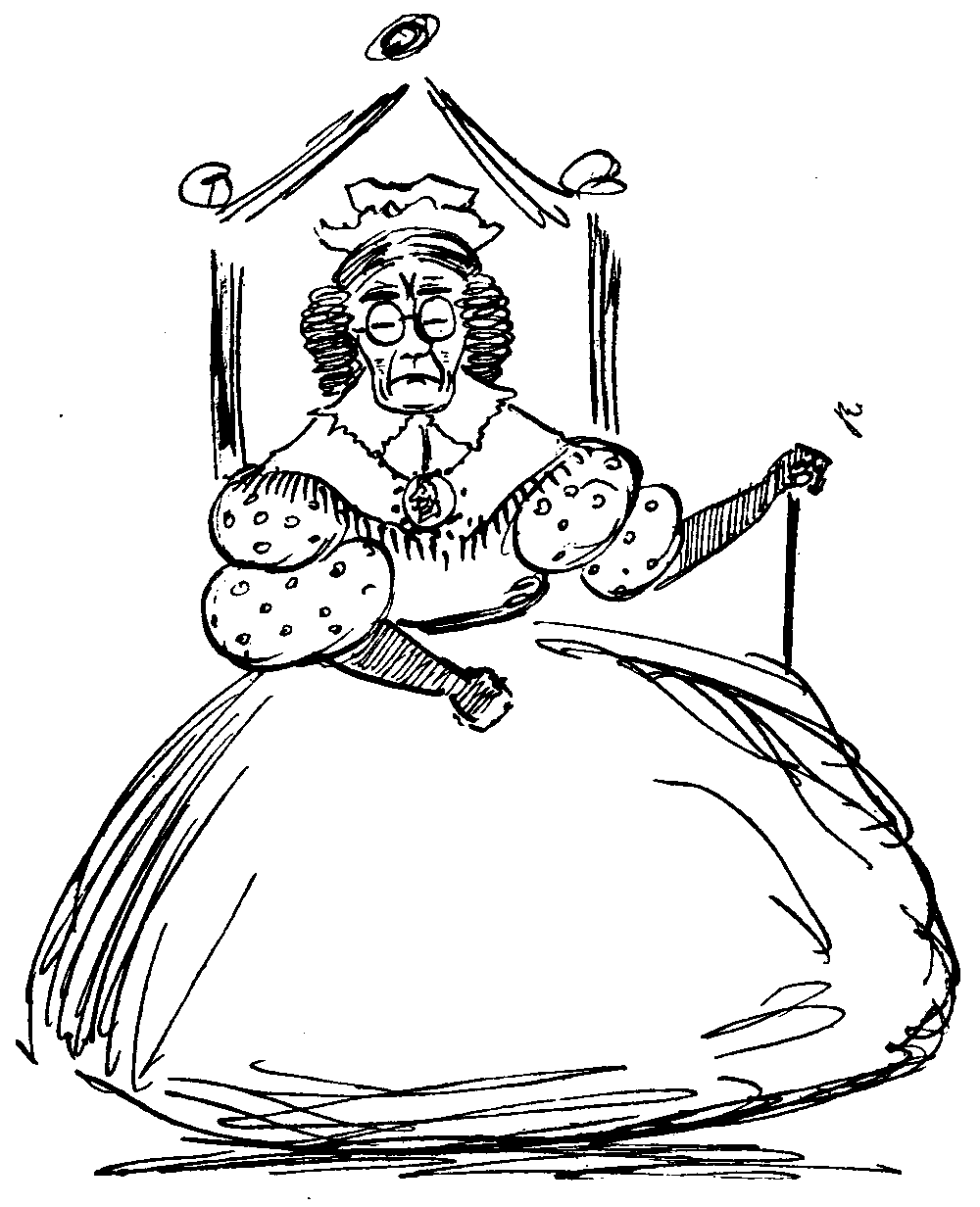
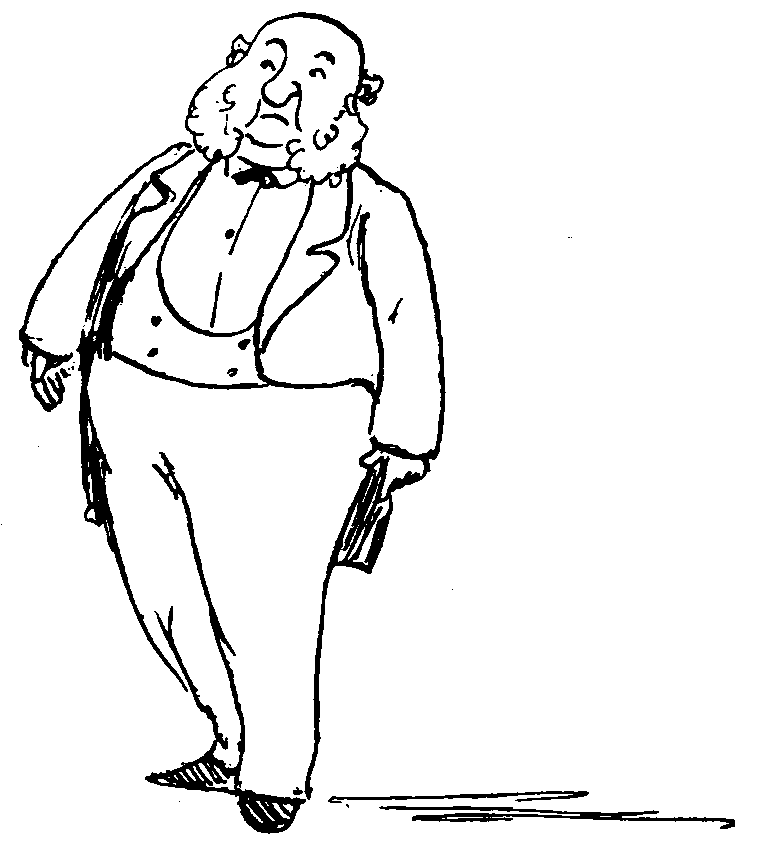
On August 9, 1945, God’s inscrutable providence allowed an atomic bomb named “Fat Man” to be dropped from a B-29 into the heavily populated city of Nagasaki. The epicenter of the blast was the Urakami district, the heart and soul of Catholicism in Japan since the sixteenth century.The entire article can be found here.
[A witness] remembered two strange stories, one by a nurse and some others in his radiology department telling of some women singing Latin hymns on the midnight after the blast. The next day they found the twenty-seven nuns from the nearby Josei Convent. The convent was demolished and all were dead, horribly burned to death; and yet they died singing! The other incident concerned girls from Junshin, a school where his wife Midori had taught, run by nuns that he knew well. During the dark days of 1945, when the people worried of being firebombed, the girls had been taught by the principal nun to sing, “Mary, my Mother, I offer myself to you.” Remarkably, after the bombing, though many of the Junshin girls were instantly killed, Nagai heard several reports of different groups of Junshin girls who had been working in factories, fields and other places, singing, “Mary, my Mother, I offer myself to you.” Many would be dead within days, but they were heard singing.
"And it is this head that is haunting: she is scarred, singed badly, and her crystal eyes were melted by the hellish blast. So, all that remains are two empty, blackened sockets.
"I’ve knelt before many images of the Mother of Jesus before: our Mother of Perpetual Help, the Pieta, the Virgin of Guadalupe, Our Lady of Lourdes, just to name a few.
"But I’ve never experienced the dread and revulsion I did when the archbishop showed us the head of Our Lady of Nagasaki …

Summer is here and with it a bevy of seasonal social obligations: barbeques, picnics, dinner parties, and weekends away. Never arrive at someone’s home without something more to contribute than your personality, as stunning as it might be. Take this opportunity to man up and accept this simple rule: no matter what the occasion, a gentleman never arrives empty-handed.Wine or liquor seems to be the gift of choice among men. The above reminds me of this pictorial collection of beautiful home bars--sure to make the viewer thirsty...

 Anyone who's ever undertaken translation of a work knows you don't just start the project willie-nillie. One must first obtain the translation rights from the author or his estate. In the case of old out-of-print books whose authors are deceased, things get tricky. My first port of call was Le Bureau du Livre Français in New York City. I shot them a short inquiry, and they responded promptly with the name of a publishing company in France I could contact. So contact them I did, and they, in broken English, responded by directing me to yet another French publishing house. I e-mailed that one, which answered in even more broken English that they no longer ran the business, but that I should contact the publishing house that had just referred me to them. Not helpful. Somehow, out of this muddle, I was able to find the name and postal address of the author's last living heir, a retired colonel living in a chateau in rural Limousin. With help from a Dijonnaise friend, I crafted a polite letter informing him how inspired I was by his father's writing and requesting translation rights for his work. I waited weeks, with no answer, and was resigned to the fact that it was not meant to be.
Anyone who's ever undertaken translation of a work knows you don't just start the project willie-nillie. One must first obtain the translation rights from the author or his estate. In the case of old out-of-print books whose authors are deceased, things get tricky. My first port of call was Le Bureau du Livre Français in New York City. I shot them a short inquiry, and they responded promptly with the name of a publishing company in France I could contact. So contact them I did, and they, in broken English, responded by directing me to yet another French publishing house. I e-mailed that one, which answered in even more broken English that they no longer ran the business, but that I should contact the publishing house that had just referred me to them. Not helpful. Somehow, out of this muddle, I was able to find the name and postal address of the author's last living heir, a retired colonel living in a chateau in rural Limousin. With help from a Dijonnaise friend, I crafted a polite letter informing him how inspired I was by his father's writing and requesting translation rights for his work. I waited weeks, with no answer, and was resigned to the fact that it was not meant to be.